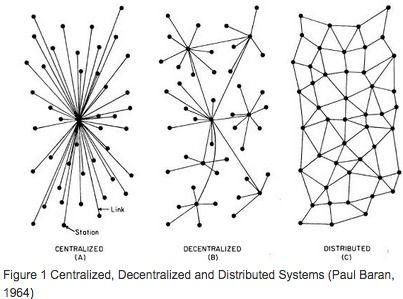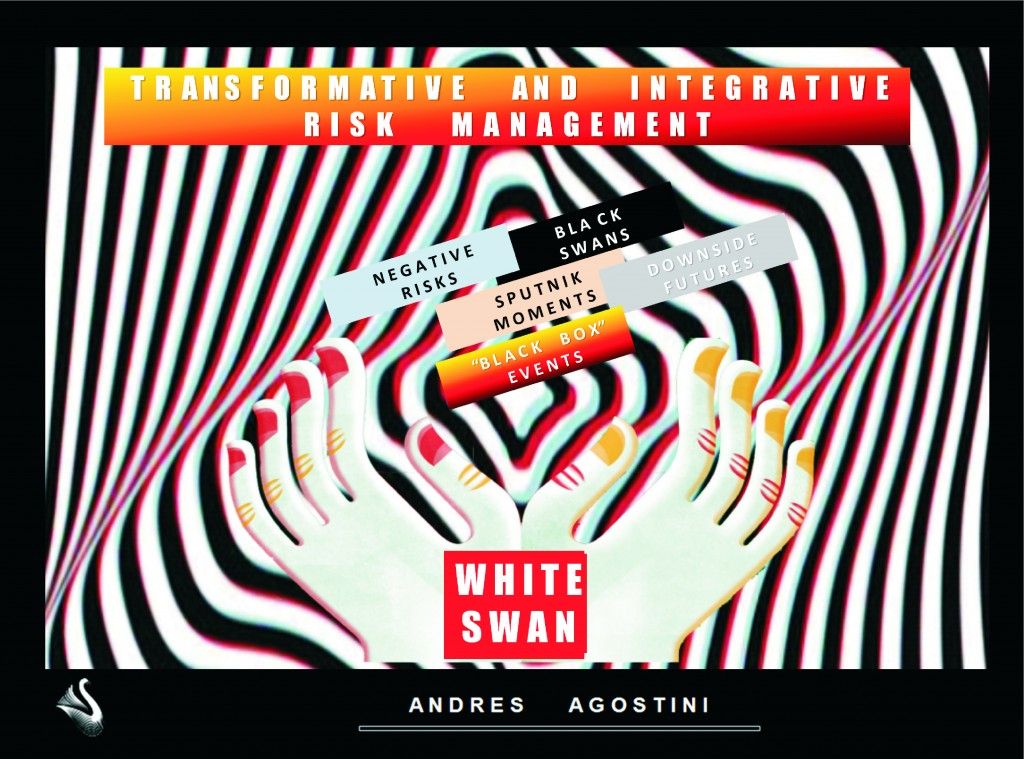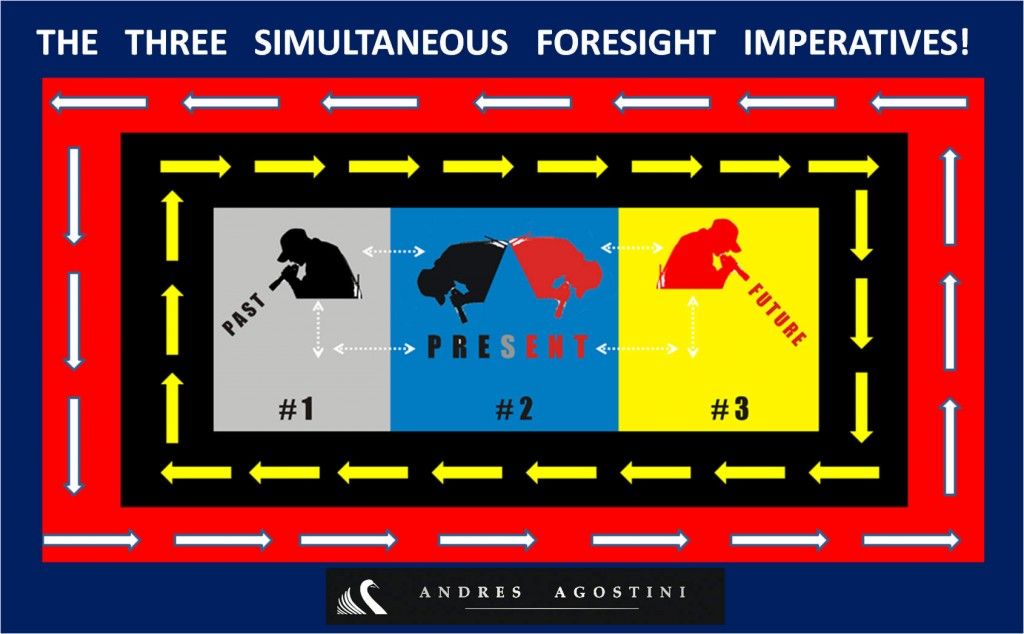Jan 3, 2015
Legal Consulting Firm Believes Artificial Intelligence Could Replace Lawyers by 2030
Posted by Rob Chamberlain in categories: architecture, automation, big data, business, complex systems, computing, cybercrime/malcode, disruptive technology, economics, encryption, engineering, ethics, finance, futurism, geopolitics, governance, government, human trajectories, information science, innovation, internet, law, law enforcement, military, neuroscience, philosophy, policy, privacy, robotics/AI, science, security, software, strategy, supercomputing, transhumanism, transparency
Quoted: “Tony Williams, the founder of the British-based legal consulting firm, said that law firms will see nearly all their process work handled by artificial intelligence robots. The robotic undertaking will revolutionize the industry, “completely upending the traditional associate leverage model.” And: “The report predicts that the artificial intelligence technology will replace all the work involving processing information, along with a wide variety of overturned policies.”
Read the article here > https://hacked.com/legal-consulting-firm-believes-artificial…yers-2030/
 Quoted: “Tony Williams, the founder of the British-based legal consulting firm, said that law firms will see nearly all their process work handled by artificial intelligence robots. The robotic undertaking will revolutionize the industry, “completely upending the traditional associate leverage model.” And: “The
Quoted: “Tony Williams, the founder of the British-based legal consulting firm, said that law firms will see nearly all their process work handled by artificial intelligence robots. The robotic undertaking will revolutionize the industry, “completely upending the traditional associate leverage model.” And: “The 

 Quoted: “Bitcoin technology offers a fundamentally different approach to vote collection with its decentralized and automated secure protocol. It solves the problems of both paper ballot and electronic voting machines, enabling a cost effective, efficient, open system that is easily audited by both individual voters and the entire community. Bitcoin technology can enable a system where every voter can verify that their vote was counted, see votes for different candidates/issues cast in real time, and be sure that there is no fraud or manipulation by election workers.”
Quoted: “Bitcoin technology offers a fundamentally different approach to vote collection with its decentralized and automated secure protocol. It solves the problems of both paper ballot and electronic voting machines, enabling a cost effective, efficient, open system that is easily audited by both individual voters and the entire community. Bitcoin technology can enable a system where every voter can verify that their vote was counted, see votes for different candidates/issues cast in real time, and be sure that there is no fraud or manipulation by election workers.”










